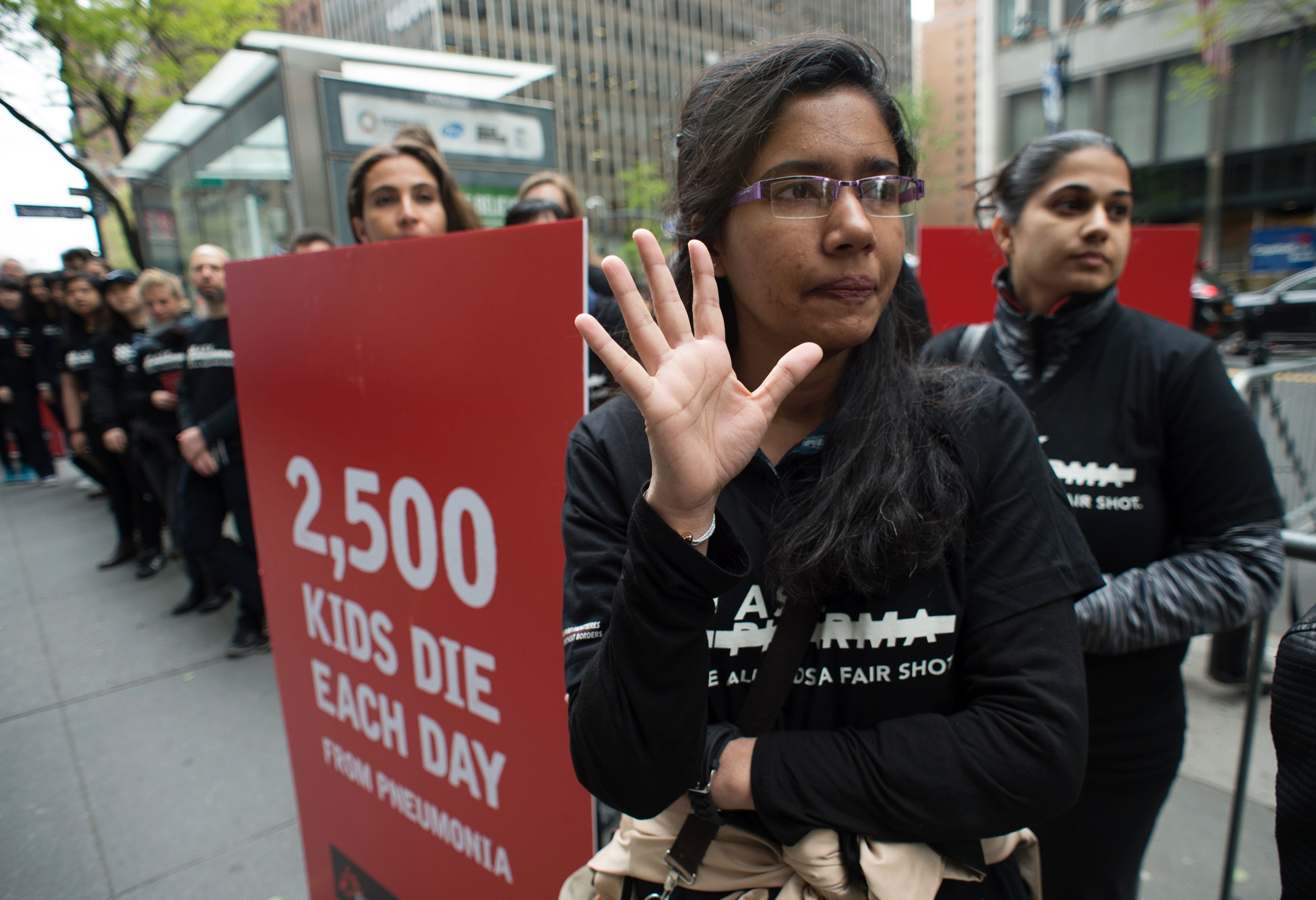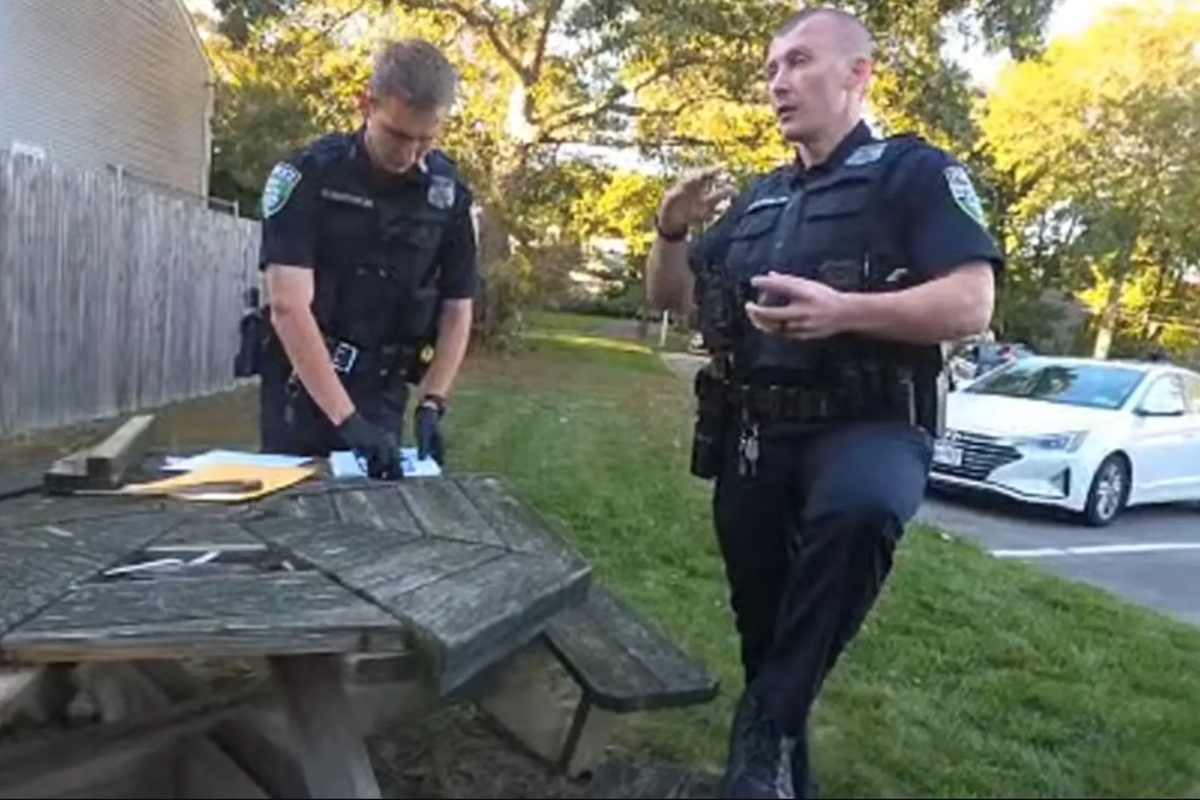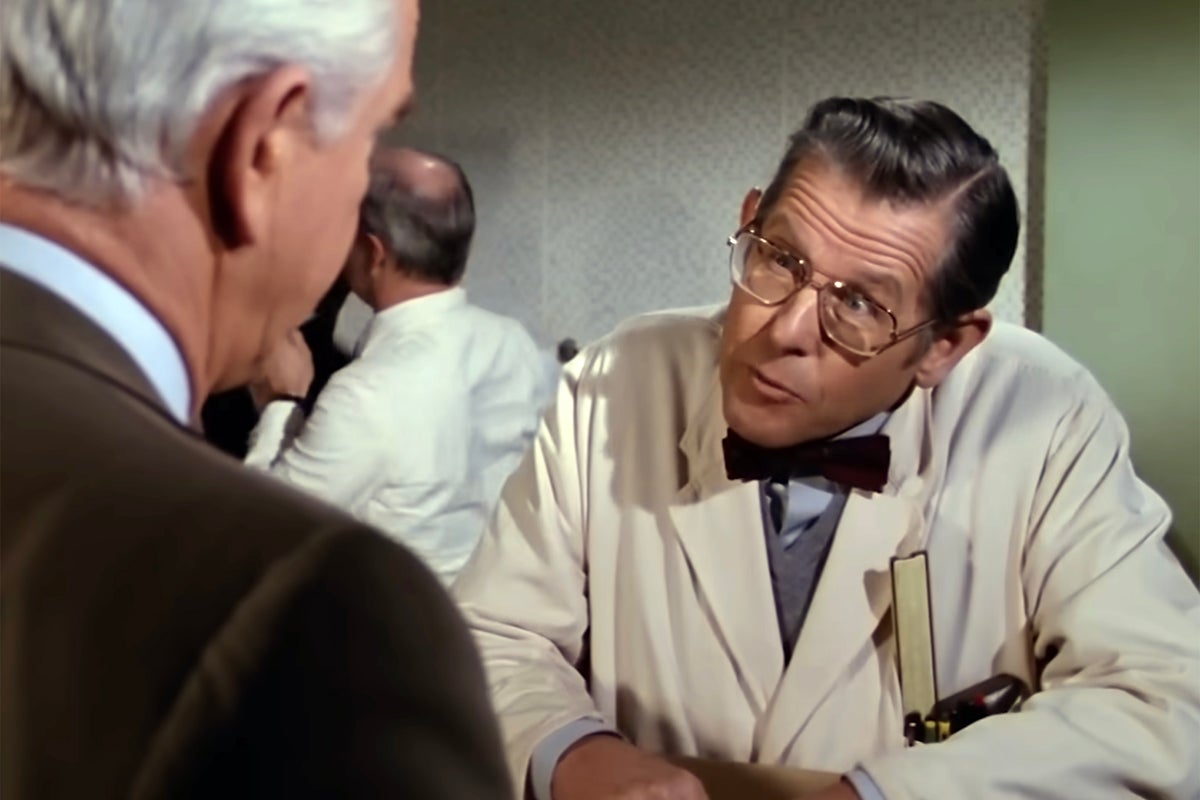Oscar-winning actress Diane Keaton died age 79 following a pneumonia infection last weekend, her family said Wednesday.
The Hollywood star, who had battled skin cancer for several decades, experienced a “sudden” decline in health.
Age is a major risk factor for pneumonia. People over age 50 are more likely to experience severe cases of the lung infection, which is caused by viruses and bacteria. Most deaths occur in people over the age of 65, according to the American Lung Association.
More than 40,000 Americans die from the respiratory illness each year, and over 1.4 million adults seek care in a hospital. For the last ten years, pneumonia has been among the top 10 causes of death in the U.S.
“When you've got something like pneumonia and it settles in, it could take a person pretty quickly, and I think it makes it on the top 10 list because really the people it affects are old people,” Dr. Troy Madsen, an emergency room physician at University of Utah Health Care, explained.

As we age, our immune systems become weaker and are less able to fight off invading bacteria and viruses.
Medical conditions can leave people at an increased risk for severe infection, such as a recent respiratory illness or a weakened immune system due to cancer-related chemotherapy.
Children under five, who have immune systems that aren’t yet fully developed, are also more likely to get sick and suffer worse symptoms. Nearly half of pneumonia deaths between 1999 and 2023 were in young children, according to Harvard researchers.
But anyone can develop pneumonia at any time. Most people experience a cough, fatigue, fever, chills, chest pain and shortness of breath. But, more extreme symptoms include confusion, vomiting and nausea.
Even a minor cough, low-grade fever and labored breathing in an older adult can be a sign of something more nefarious.

“They're not moving air into their lungs as well, not getting oxygen in their body. And then that infection, like an infection anywhere, can then affect the entire body, where it just causes the blood pressure to drop, causes the heart rate to go up,” Madsen noted. “The blood pressure just can't sustain itself and that whole cycle is what eventually leads to death.”
Though most bacterial pneumonia cases can be treated with antibiotics, viral cases cannot. These infections often go away on their own.
There are steps that people can take to protect themselves.
RSV and Tdap vaccines can help reduce the risk, although not everyone can get them. RSV shots are recommended for infants, young children, people over 60 who are at an increased risk of infection and everyone over 75 years old. Tdap vaccines are recommended for children over the age of 7, and all adults.
All adults over 65 who did not previously receive a pneumococcal conjugate vaccine should receive one dose, according to the National Foundation for Infectious Diseases.
People can also lower their risk by cleaning their spaces often, washing their hands frequently, using an air filter and not smoking.

.jpeg)
































 English (US) ·
English (US) ·